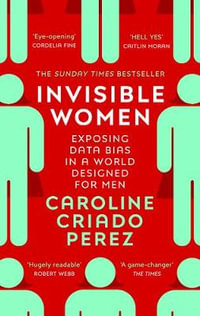
American Healthcare
Why It Costs So Much Yet Remains a Beacon of Growth and Development
Hardcover | 25 May 2022
At a Glance
Hardcover
RRP $284.00
$200.95
29%OFF
or
Aims to ship in 7 to 10 business days
ISBN: 9781032029801
ISBN-10: 1032029803
Published: 25th May 2022
Format: Hardcover
Language: English
Number of Pages: 200
Audience: Professional and Scholarly
Publisher: Taylor & Francis Ltd
Country of Publication: GB
Dimensions (cm): 25.4 x 17.78 x 1.27
Weight (kg): 0.57
Shipping
| Standard Shipping | Express Shipping | |
|---|---|---|
| Metro postcodes: | $9.99 | $14.95 |
| Regional postcodes: | $9.99 | $14.95 |
| Rural postcodes: | $9.99 | $14.95 |
How to return your order
At Booktopia, we offer hassle-free returns in accordance with our returns policy. If you wish to return an item, please get in touch with Booktopia Customer Care.
Additional postage charges may be applicable.
Defective items
If there is a problem with any of the items received for your order then the Booktopia Customer Care team is ready to assist you.
For more info please visit our Help Centre.
You Can Find This Book In
This product is categorised by
- Non-FictionMedicineMedicine in GeneralHealth Systems & Services
- Non-FictionBusiness & ManagementManagement & Management TechniquesLeadership & Motivation for Management
- Health, Relationships & Personal Development
- Non-FictionEconomicsEconomic Theory & Philosophy
- Non-FictionEconomicsHealth Economics
- Non-FictionIndustry & Industrial Studies























